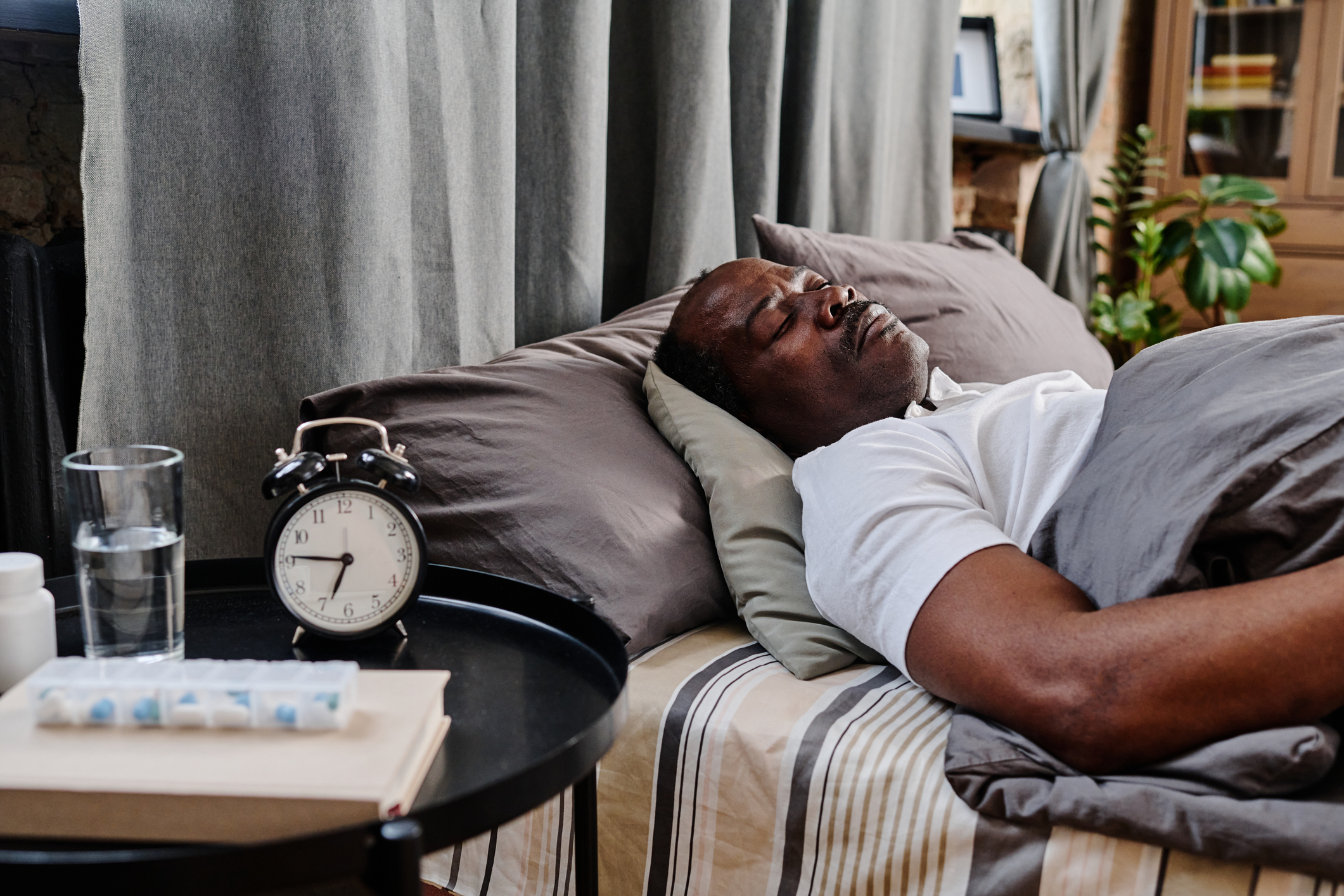As we approach the end of daylight savings time on March 12 – when we lose an hour of sleep, we may find that getting adequate rest can be elusive. But sticking to a regular sleep routine is not only beneficial for mood and mental clarity, new research has found a connection between irregular sleep and atherosclerosis; a buildup of plaque on the artery walls that can lead to a blocking of blood flow. The plaque can also burst, causing a blood clot.
According to a recent CNN Health report, the study, published in the Journal of the American Heart Association recruited more than 2,000 participants. Study subjects had an average age of 69, and kept a sleep diary over 7 consecutive days while wearing a sleep-tracking device. Participants’ sleep at home was also studied to measure breathing, sleep stages, nightly waking and heart rate.
Researchers found that participants who experienced irregular sleep durations that varied by 90 minutes or more each week were 1.4 times more likely to have high artery calcium scores than compared to those with a more consistent sleep pattern. Calcium scores measure the amount of calcified plaque in arteries – higher numbers increase the risk for some cardiovascular conditions. Those with higher scores also were more likely to have carotid plaque and abnormal test assessments for blood vessel stiffness.
Researchers also noted that people who have irregular sleep patterns also tend to have less healthy lifestyle habits relating to diet and physical activity. But sleep is critical for the heart to rest when the heart rate slows and blood pressure dips. Without this regular rest, the heart and vascular systems remained under more stress over time. Treating the underlying causes of sleep disruption like sleep apnea, stress, or anxiety could help promote better sleep; one of the American Heart Association’s “Essential 8” lifestyle practices to optimize health and help prevent cancers, dementia, and other chronic diseases of aging.
Getting between 7 and 9 hours of sleep each night can help support optimal health and performance. To promote a restful night’s sleep, experts recommend keeping the bedroom cool and dark with temperatures not exceeding 18 degrees Celsius. Sleeping in an overheated room can dry out mucosa, contribute to headaches, and leave people groggy in the morning. Limit any daytime napping to the hours of 1 and 3 p.m., and keep it no longer than 20 minutes. For more sleep hygiene tips, follow this link to the Centers for Disease Control and Prevention.






Add Your Voice
0 Comments
Join the Discussion